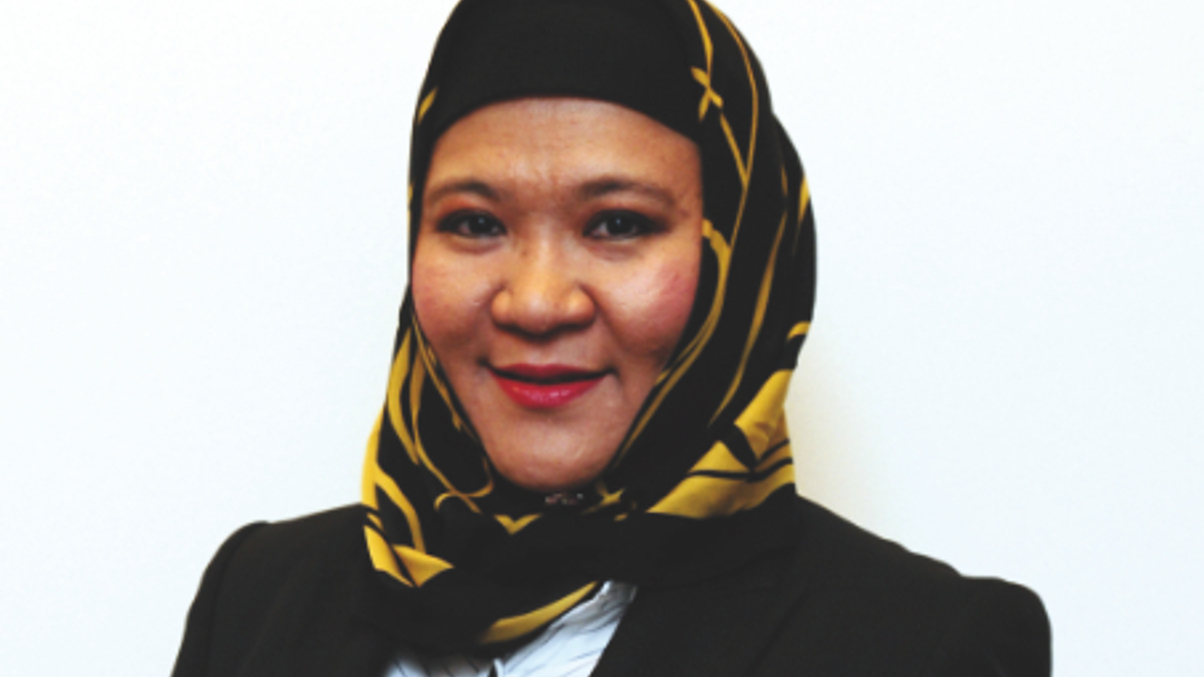Looking beyond Malaysia
Norlia Mat Yusof, chief investment officer of Etiqa.

Norlia Mat Yusof is chief investment officer of Etiqa, the insurance and takaful arm of state-owned Maybank Group in Kuala Lumpur. The institution has RM 22 billion ($6.96 billion) in assets under management, up from RM 16.5 billion in 2007. It offers life, family takaful and non-life cover, with the main non-life focus being on fire.
Sign in to read on!
Registered users get 2 free articles in 30 days.
Subscribers have full unlimited access to AsianInvestor
Not signed up? New users get 2 free articles per month, plus a 7-day unlimited free trial.
¬ Haymarket Media Limited. All rights reserved.


